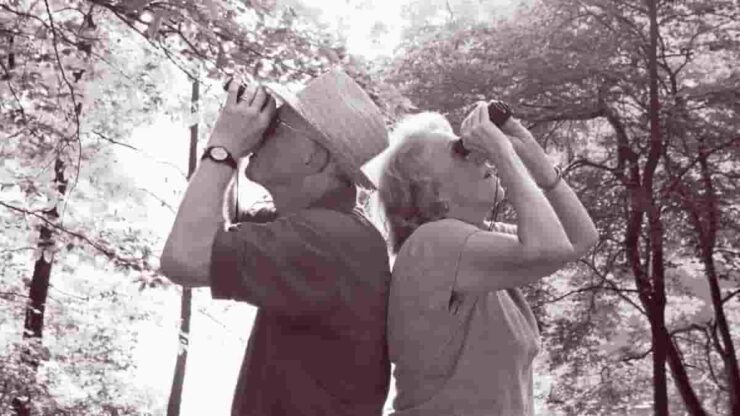You can improve your decision-making by observing the same process in others, according to research from City University London.
The study examined the efficacy of a novel debiasing training approach and presents initial findings that observation of others’ decision-making processes can enhance one’s own decision-making capabilities. Professor Irene Scopelliti, a Professor of Marketing and Behavioural Science, co-authored the research.
In three experiments conducted by the authors, subjects completed a series of judgments both prior to and subsequent to a decision-making enhancement training intervention.
Comparing Observational Learning
The first trial compared observational learning to three additional cognitive bias-reducing strategies. Researchers assessed participants’ susceptibility to common decision-making biases on three scales, with each participant receiving one of four debiasing interventions before repeating the questions:
- a five-minute break
- a 30-minute instructional video about debiasing techniques
- 90 minutes of playing a video game
- anonymously observing another participant playing the game
The second experiment investigated the potential for individuals to learn a “averaging rule” through observation, which states that in general, increased accuracy can be obtained by supplementing one’s own estimates with those of another.
Participants were asked to estimate the weight of ten objects from photographs before seeing another participant’s estimate and being given the option to amend their response. The difference between the first and updated responses was used to compute the “weight on advice.”
Debiasing Interventions
The participants were then given one of four debiasing interventions: information about averaging estimates, a video of a participant making a revised estimate based on a fellow participant’s estimate, both the information and the video, or neither the information nor the video.
All participants then re-estimated the weights of each object and revised their estimates based on an anonymous peer’s assessment. The average weights on advise were then calculated and compared for both sets of estimations.
The third experiment repeat of the second, was then carried out, this time with advice generated by a computer algorithm rather than by humans, which would produce greater accuracy if incorporated into participants’ estimates.
Key Findings
The results showed that observing others was an effective debiasing intervention. In Experiment 1, the observational learning intervention improved decision-making by reducing susceptibility to all three cognitive biases: anchoring, social projection, and representativeness.
In Experiment 1, the observational learning intervention was also more effective overall than the instructional video and the control condition. In Experiment 2, observational learning interventions outperformed practice alone in teaching people how to use advice effectively, and the interventions increased participants’ advice-taking.
Combining observational and information-based learning was also more effective than the information-based intervention on its own in mitigating bias. In other words, seeing someone else use a decision rule had unique benefits for teaching that decision rule.
Learning from Others’ Experiences
The research, according to Professor Scopelliti, demonstrated the value of observational training as a debiasing tool for improving judgments and decisions in our personal and professional lives.
“Before this work, debiasing interventions mostly focused on teaching people abstract rules and providing them with feedback about their own decisions. Observational learning allows us to learn from others’ experiences. We can improve our own decisions by observing others’ success and failures,”
he said.
Social learning procedures, such as observational learning, are not only promising in terms of effectiveness, but they are also relatively cheap to deploy and scalable. The findings could be useful in a variety of situations when people must make judgments under uncertainty (i.e., without all of the data), ranging from deciding what gift to buy a friend to major business, law, and policy decisions.
“Our research suggests that observational learning has the potential to be used to reduce decision biases and improve decision making. For example, as people observe others playing video games, they’re able to see inside the game player’s decision process and learn from their mistakes. Likewise, in a business setting, observing how others demonstrate decision biases or avoid such biases can reduce one’s own decision biases — which would be a more cost-effective way to teach employees than through extensive training with feedback,”
Haewon Yoon, Assistant Professor of Marketing, Indiana University Kelley School for Business, said.
Debiasing is an intriguing new field of study. Over the last six years, research has demonstrated that people benefit from direct feedback that reveals their own biases in decision making. This study is the first to find that people don’t have to learn from direct experience.
Reference:
- Haewon Yoon, Irene Scopelliti, Carey K. Morewedge. Decision making can be improved through observational learning. Organizational Behavior and Human Decision Processes, 2021; 162: 155 DOI: 10.1016/j.obhdp.2020.10.011
Last Updated on December 29, 2023
